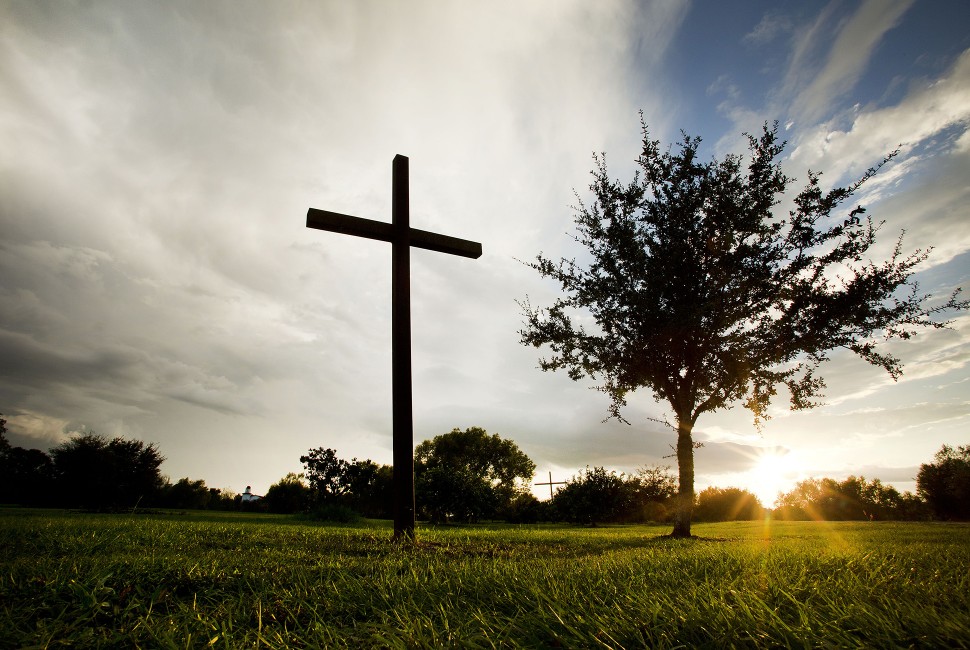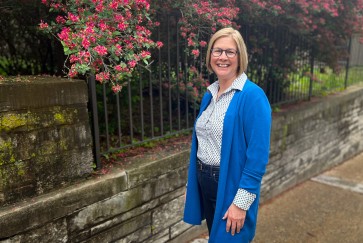Over the past few years, Americans have been reckoning with our collective history: Journalists, historians and activists have helped spur national conversations that revisit public monuments and challenge us to tell a more complete story about the United States that does not gloss over its legacies of slavery, displacement and discrimination.
Clint Smith, a renowned poet and journalist who is currently a staff writer at The Atlantic, recently wrote “How the Word Is Passed, A Reckoning with The History of Slavery Across America” (Little, Brown & Company, 2021), a nonfiction work that takes the reader on a journey across the United States and the world, using places like prisons, cemeteries and former plantations — including Thomas Jefferson’s Monticello — as case studies in a broader project to unearth histories that have sometimes been deliberately hidden in plain sight.
All first year and transfer students will receive a free eBook copy of “How the Word Is Passed” this summer, and everyone on campus is invited to engage with the book. Smith will be invited to campus for a lecture, one of several One Book events that will serve to foster dialogue within the Northwestern and broader community around the book.
“It’s a wonderful book for the Northwestern community,” said Leslie Harris, a historian of slavery and professor of history in the Weinberg College of Arts and Sciences who will serve as the faculty chair. “I see the book as important for its content, but also as modeling a kind of inquiry into the very geography around us — including at Northwestern, in Evanston and in the Chicago area.”
It’s always interesting for me as a historian to see someone take history and elevate it to art.”
Professor of history
Harris added that she is looking forward to seeing how the community takes up the challenge of engaging both with the history of slavery and with the ways in which other local and national histories are depicted and commemorated, including Native American histories and those of women in the United States.
The book, she said, also proffers broader questions about who makes change in our world and how they are remembered that should spark engaging discussion on campus.
In “How the Word Is Passed,” Smith presents both historical research and interviews with ordinary people at historic sites, thus painting a picture both of history and a variety of people’s contemporary — and often inaccurate — understandings of it.
The book won the National Book Critics Circle Award for General Nonfiction in 2021. Reviewing it for The New York Times, Julian Lucas called it “a tour of tours and a reckoning with reckonings, which sketches an impressive and deeply affecting human cartography of America’s historical conscience.”
“How the Word Is Passed” begins in New Orleans — once the most important Southern city in the American slave trade — where both Harris and Smith grew up. Harris served as an early editor for one of the book’s chapters, which deals with the legacy of slavery in New York City. As a historian, her early scholarship focused on New York City and challenged the idea that slavery was a purely Southern phenomenon.
“We have been in a moment for the last couple of years where people have begun to question statues, street names and all kinds of things that — for most of us — have surrounded us our whole lives,” she said.
The book provides an accessible entry point for people who are not historians, asking us both what the history of slavery means and how we see it around us. The fact that it was written by a journalist and poet, Harris said, makes it even more engaging to read.
“It’s always interesting for me as a historian to see someone take history and elevate it to art,” she said. “As a writer, that’s exactly what [Smith] does. It’s really a wonderful gift, both to the general public and to historians.”
The One Book One Northwestern program is sponsored by the Office of the President and will include related films, lectures, field trips and other programming throughout the coming academic year. For questions, contact onebook@northwestern.edu.


